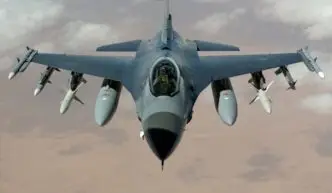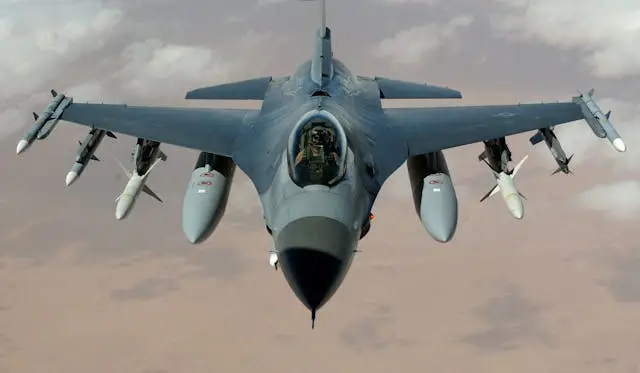Japan says it will watch China’s military activity after Beijing admits violating Japanese airspace
Japan Monitoring China’s Military Activity After Airspace Violation
Japan has declared it will maintain vigilant observation of China‘s military activity following an admission by Beijing that it violated Japanese airspace in August. The inadvertent breach, according to China, was unintentional, but it has stirred increased concern and scrutiny from Japan over China’s military maneuvers.
Japanese officials have expressed their intent to watch for preventative measures from China to avoid further airspace incursions. The announcement reflects a sharp increase in tensions between the two Asian powerhouses, adding another layer to the already complex relations in the region.
Details of the Airspace Violation
The violation occurred in August when a Chinese military aircraft entered Japanese airspace near the Senkaku Islands in the East China Sea, a territory claimed by both nations but administrated by Japan. Japan’s Defense Ministry reported that it scrambled fighter jets in response to the intrusion, marking a significant escalation in the territorial dispute.
China’s Defense Ministry acknowledged the violation, explaining that the intrusion was an accidental byproduct of routine training and not an intentional act of aggression. However, Japan has remained skeptical, demanding clearer measures on how China plans to prevent future violations.
Heightened Tensions in the Region
The incident comes amid growing tensions in the East China Sea, where the two countries have long-standing territorial disputes. The Senkaku Islands, known as the Diaoyu Islands in China, have been a primary source of contention. Both nations have been engaged in an increasingly volatile dispute over the islands, with frequent confrontations between their coast guards.
While the airspace violation may have been unintentional, it has nevertheless sparked a significant reaction from Japan. The Japanese government has expressed its concerns to China through diplomatic channels and has called for an immediate halt to all maneuvers that could provoke further tensions.
Implications for Sino-Japanese Relations
This latest incident has raised questions about the impact on Sino-Japanese relations, which have been strained in recent years due to a myriad of issues, ranging from historical grievances to territorial disputes. The violation of Japan’s airspace by China’s military aircraft presents a new challenge in the already fraught relationship between the two countries.
Japan’s decision to monitor China’s military activity more closely indicates a growing wariness of its neighbor’s military ambitions. It also underscores the escalating concerns among many countries in the Asia-Pacific region about China’s rising military power and assertiveness in territorial disputes.
The Japanese government’s response highlights the delicate balance it must maintain in managing its relationship with China while ensuring its national security. As the situation continues to unfold, the international community will be watching closely to see how these two Asian powers navigate this latest challenge in their turbulent relationship.















